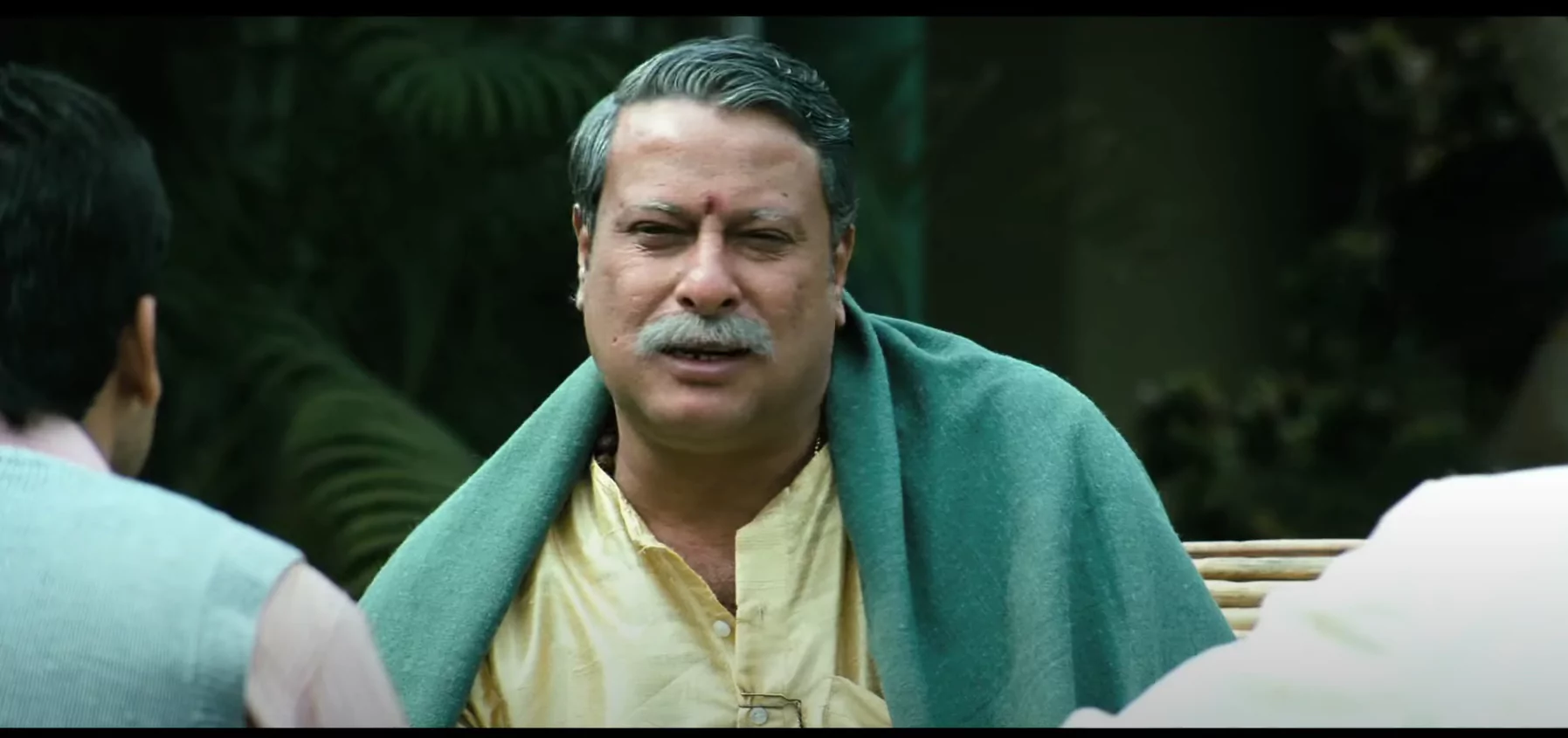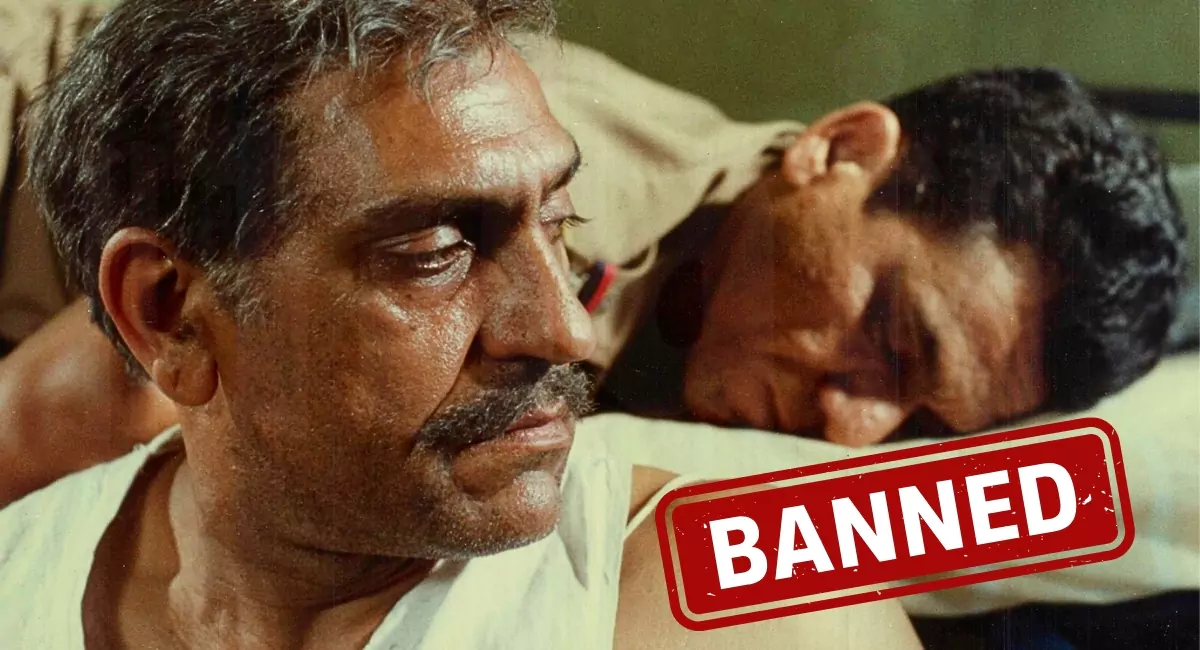After a year-long wait, Amazon Prime Video‘s most cherished comfort watch returned with eight new episodes on June 24, 2025. The fourth season promised an intense electoral showdown in the fictional village of Phulera, but does it live up to the emotional warmth that made previous seasons so special?
Plot Overview: Election Fever Hits Phulera
Season 4 picks up directly from the cliffhanger ending of Season 3, where Pradhan Ji (Raghubir Yadav) survived an assassination attempt. The village now braces for panchayat elections as Manju Devi (Neena Gupta) faces off against her rival Kranti Devi (Sunita Rajwar), Bhushan’s fierce wife.
Abhishek Tripathi (Jitendra Kumar) finds himself caught between legal troubles and CAT exam preparations. After slapping Bhushan in the previous season, he faces potential career ruin through criminal charges. The stakes feel higher than ever as political maneuvering threatens to tear apart the village’s social fabric.
The election campaign quickly turns nasty with both camps resorting to manipulation and dirty politics. From hoarding government-distributed potatoes to staging sympathy-gathering events, the race for village leadership becomes a study in small-town power games.
Character Development: Mixed Results
Jitendra Kumar’s Diminished Presence
Critics have noted that Abhishek Tripathi feels less central to Season 4’s narrative. Unlike earlier seasons where his fish-out-of-water perspective drove the story, he now appears more like a passive observer tagging along with events rather than influencing them.
His character arc focuses on awaiting CAT results while trying to resolve legal issues, but these plotlines lack the emotional weight of his previous journey from city sceptic to village advocate.
Neena Gupta’s Underutilized Role
Manju Devi, despite being at the centre of the electoral battle, remains sidelined from serious political discussions. The show continues treating female leadership as peripheral, with Manju Devi often shadowing her husband’s decisions rather than establishing independent authority.
Neena Gupta delivers a committed performance, but the writing doesn’t give her character the agency deserved for someone seeking re-election as village head.
Supporting Cast Strengths
Durgesh Kumar shines as Bhushan, bringing energy and complexity to the village troublemaker role. His portrayal adds layers to what could have been a one-dimensional antagonist.
Sunita Rajwar holds her own as Kranti Devi, offering strong support in key confrontation scenes. The chemistry between returning cast members maintains the show’s authentic village atmosphere.
Tone Shift: From Comfort to Chaos
Earlier seasons of Panchayat excelled at finding humor in everyday bureaucratic absurdities. The show’s signature moments came from stretched-out conversations and uncomfortable silences that somehow worked perfectly.
Season 4 attempts to inject political thriller elements into this formula with mixed results. The election storyline demands higher stakes and faster pacing, but this approach conflicts with the show’s traditionally slow-burn storytelling style.
Political intrigue and vote-bank politics replace the gentle observational comedy that made the series special. While some dramatic moments land effectively, the season loses much of its meditative quality.
Technical Aspects: Steady but Uninspired
Directors Deepak Kumar Mishra and Akshat Vijaywargiya maintain visual consistency with previous seasons. The cinematography by Amitabha Singh preserves the show’s familiar rural aesthetic, though it breaks no new ground.
The editing feels padded in several episodes, with scenes running longer than necessary. Tighter cuts could have improved the overall flow and reduced the feeling of stretched content.
Anurag Saikia’s background score fits the mood appropriately but doesn’t particularly stand out. Production values remain consistent with earlier seasons without notable improvements.
Critical Reception: Comfort Watch Fatigue
Reviews for Season 4 have been decidedly mixed. The Hindu’s review called it a “mixed result,” praising the show’s evolution but criticizing its struggle to balance political intrigue with slice-of-life charm. Critics noted that the season functions better as a setup for Season 5 rather than a satisfying standalone story.
The show’s attempt to mature its themes while retaining mass appeal has created an identity crisis. Fans expecting the gentle humor of earlier seasons may find the political focus jarring.

Verdict: Transitional Season with Growing Pains
Panchayat Season 4 feels like a necessary transitional chapter that sacrifices some charm for political complexity. While individual performances remain strong and the village atmosphere stays authentic, the season lacks the emotional resonance that made earlier installments so beloved.
This Panchayat Season 4 review suggests approaching the season with adjusted expectations. Rather than expecting the gentle humor and slow-burn character development of previous seasons, viewers should prepare for a more plot-driven electoral drama that sets up future storylines.












